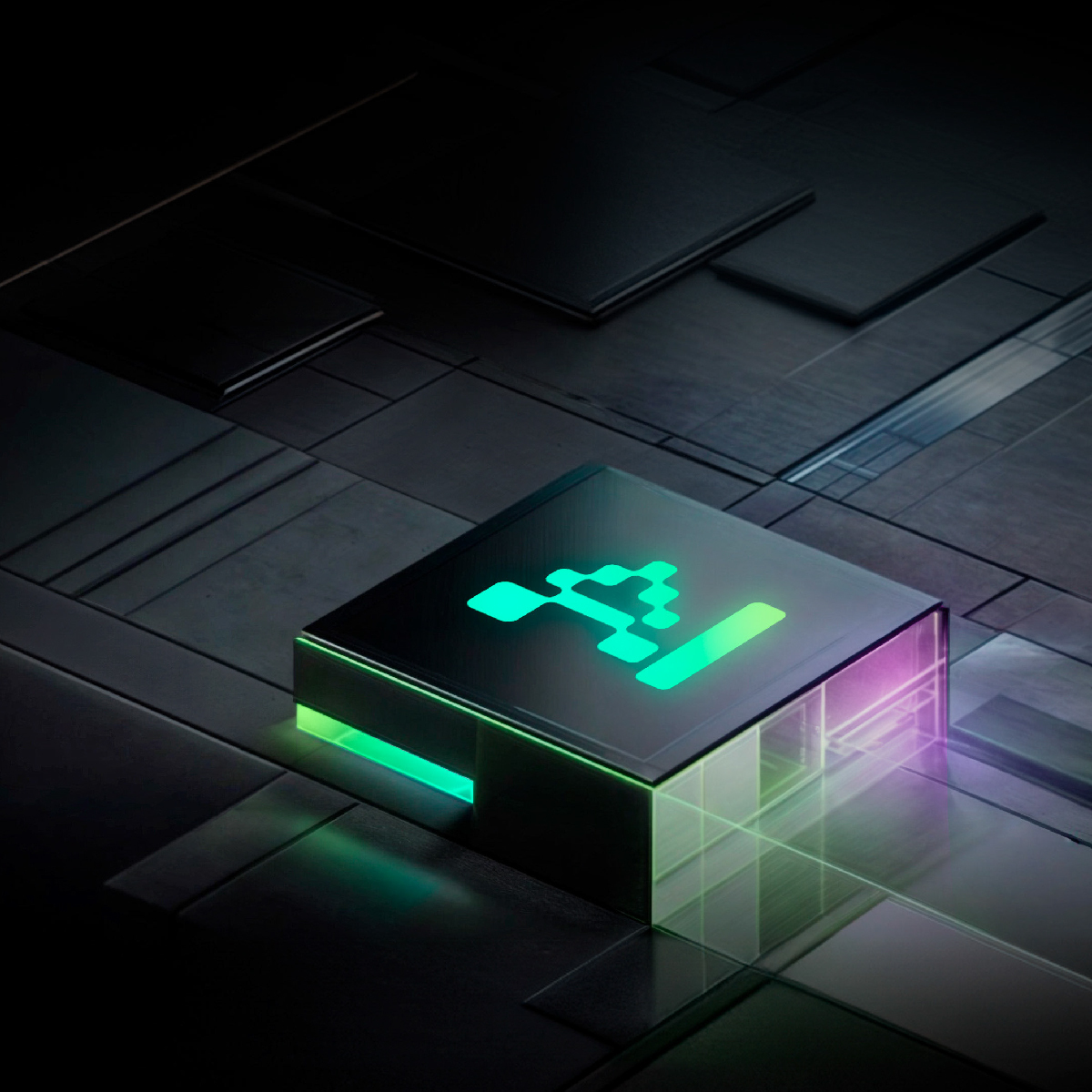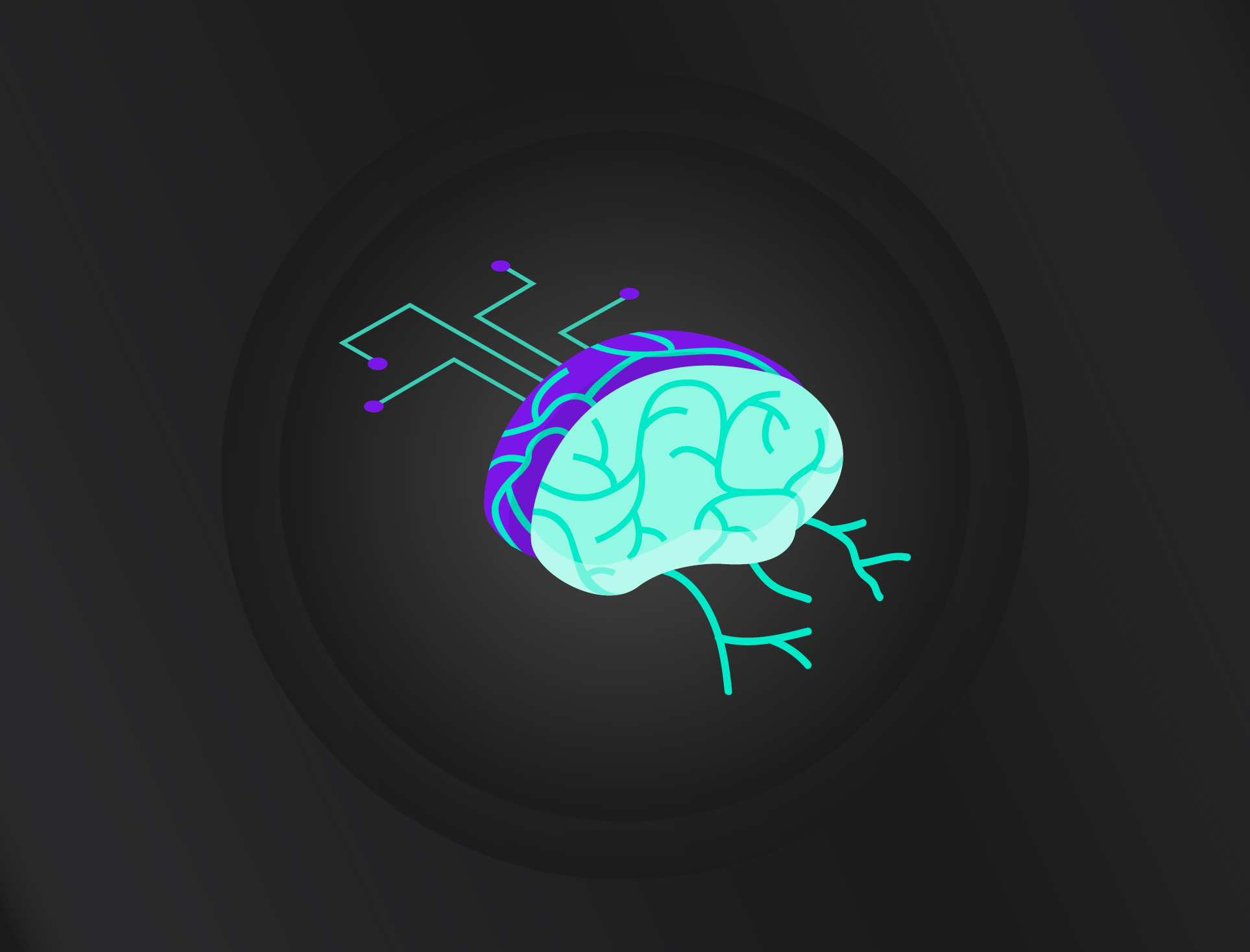Join our newsletter



Artificial Intelligence (AI) is rapidly transforming our world, from facial recognition technology to AI-powered recommendations on streaming services. However, alongside its undeniable potential, AI has also sparked anxieties and fears within society. Let's delve into the top 3 anxieties surrounding AI and explore why these fears might be misplaced.
A common concern is that AI will automate jobs, leading to mass unemployment. While AI will undoubtedly change the job market, it's more likely to create new opportunities than eliminate existing ones. AI will automate repetitive tasks, freeing up human workers to focus on higher-level cognitive tasks that require creativity, critical thinking, and social skills – areas where AI currently falls short. Additionally, AI can assist human workers in various professions, enhancing their efficiency and productivity. The key lies in adapting to a changing job market by developing new skillsets that complement AI, rather than compete with it.
The idea of superintelligent AI surpassing human intelligence and posing an existential threat is a popular trope in science fiction. However, the current state of AI research suggests this fear is largely unfounded. Most AI systems are narrow AI, meaning they're designed for specific tasks and lack the general intelligence or adaptability to become a threat. Additionally, ethical considerations and safety measures are paramount in AI development, with safeguards in place to prevent AI from exceeding its programming.
The vast data collection and analysis capabilities of AI raise concerns about privacy breaches and algorithmic bias. However, regulations like GDPR (General Data Protection Regulation) are being implemented to ensure responsible data collection and usage. When it comes to bias, AI is only as objective as the data it's trained on. It's crucial to ensure training data is diverse and representative to mitigate bias in AI algorithms.
In conclusion, while AI presents challenges, it's important to focus on its potential to improve our lives. By fostering responsible AI development, we can ensure AI remains a valuable tool that empowers humanity, not a threat. AI can revolutionize various sectors, from education and healthcare to scientific discovery, leading to a brighter future for all. Let's embrace AI as a partner in progress, working together to unlock its potential for the betterment of society.